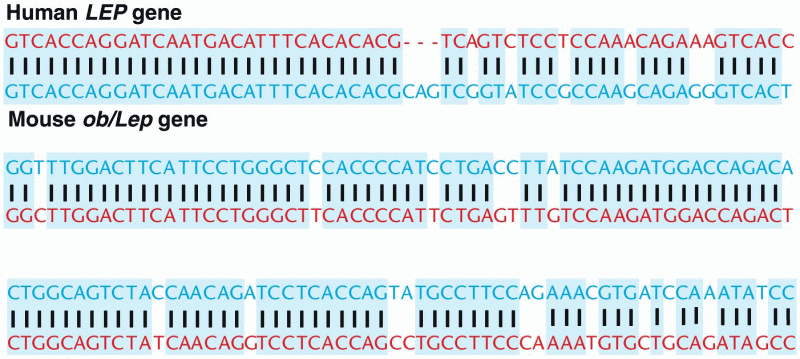Answer to Question 1
Answer: Social support is important to the success of natural childbirth. A doula is a trained lay attendant who is assigned to stay with a mother throughout labor and delivery, talking to them, holding their hands, and rubbing their backs to promote relaxation. In Guatemalan and American hospitals that routinely isolated patients during childbirth, some mothers were randomly assigned a doula. These mothers had shorter labors and fewer birth complications than women not given supportive companionship. Guatemalan mothers who received doula support also interacted more positively with their newborns, talking, smiling, and gently stroking. Other studies indicate that mothers who are supported during labor and deliveryeither by a lay birth attendant or by a relative or friend with doula trainingless often have instrument-assisted or cesarean (surgical) deliveries or need medication to control pain. Also, their babies Apgar scores are higher, and they are more likely to be breastfeeding at a two-month follow-up. Social support also makes Western hospital-birth customs more acceptable to women from parts of the world where assistance from family and community members is the norm.
Answer to Question 2
Answer: Terra should know that when inherited blood types of mother and fetus differ, serious problems sometimes result. The most common cause of these difficulties is Rh factor incompatibility, which occurs in situations like Terras, when the mother is Rh-negative (lacks the Rh blood protein) and the father is Rh-positive (has the protein). The baby may inherit the fathers Rh-positive blood type. If even a little of a fetuss Rh-positive blood crosses the placenta into the Rh-negative mothers bloodstream, she begins to form antibodies to the foreign Rh protein. If these enter the fetuss system, they destroy red blood cells, reducing the oxygen supply to organs and tissues. Intellectual disability, miscarriage, heart damage, and infant death can occur. It takes time for the mother to produce Rh antibodies, so firstborn children are rarely affected. The danger increases with each additional pregnancy. Fortunately, Rh incompatibility can be prevented in most cases. After the birth of each Rh-positive baby, Rh-negative mothers are routinely given a vaccine to prevent the buildup of antibodies.







